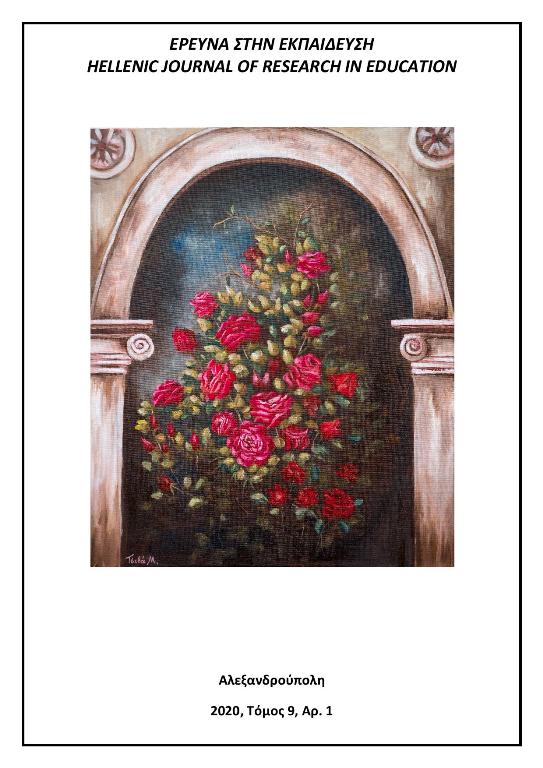Gender stereotypes and perspective transformation in evening adult education: habits of mind and disorienting experiences of women returning to education

Abstract
This article aims to offer a partial answer to the question of how gender as a social "construct" may influence the formation of the frame of reference, identity, choices, and the developmental course of women. The research focuses on a relatively neglected educational area, that of evening adult education. It took place over a period of six months with the participation of ten adult women students of the Evening General Lyceum of Drama. The research was implemented within the framework of a post-graduate course (thesis). For the needs of the research, the narrative-biographical research methodology was selected, in order to investigate in depth, the assumptions, perceptions and attitudes of the participants, through biographical interviews. The biographical experience of the women in the research, through the citation of narrative compositions, enabled the emergence of the socializing factors that contribute to the reproduction and perpetuation of gender stereotypes and roles. Women's life stories have shown that sexism - gender inequality - as manifested in asymmetrical relationships within the family, school, and the wider society, deprives women of educational opportunities and prospects for development. The frame of reference, the identity of women, is formed and limited around the roles of wife and mother. Experiencing disorienting dilemmas either as key crucial events or as experiences of prolonged situations of inequality, subjugation, injustice or gender-based violence, cultivates the need for self-identification and re-framing of identity and is expressed in their mature decision to return to school during adulthood. Studying in the evening general lyceum seems to achieve the goal of transforming meaning perspectives, providing more substantial meanings of intentional thinking and the need for consistent action. Gender assumptions, the frame of reference, and the experiences of research participants, which can be described as disorienting and capable of raising a transformative view of their thinking and action, were examined under the theoretical framework of Mezirow's theory of transformation. Although our research due to its constrained design lacks the ability to generalize conclusions, it nevertheless provides an opportunity to highlight, deepen, interpret and reflect on the role of gender stereotypes, giving voice to people who have not been included or who are under-represented in research.
Article Details
- How to Cite
-
Μαλτέζου Δ., & Κουλαουζίδης Γ. Α. (2020). Gender stereotypes and perspective transformation in evening adult education: habits of mind and disorienting experiences of women returning to education. Hellenic Journal of Research in Education, 9(1), 92–111. https://doi.org/10.12681/hjre.23224
- Issue
- Vol. 9 No. 1 (2020)
- Section
- Articles

This work is licensed under a Creative Commons Attribution-NonCommercial-ShareAlike 4.0 International License.
Authors who publish with this journal agree to the following terms:
- Authors retain copyright and grant the journal right of first publication with the work simultaneously licensed under a CC-BY-NC-SA that allows others to share the work with an acknowledgement of the work's authorship and initial publication in this journal.
- Authors are able to enter into separate, additional contractual arrangements for the non-exclusive distribution of the journal's published version of the work (e.g. post it to an institutional repository or publish it in a book), with an acknowledgement of its initial publication in this journal.
- Authors are permitted and encouraged to post their work online (preferably in institutional repositories or on their website) prior to and during the submission process, as it can lead to productive exchanges, as well as earlier and greater citation of published work (See The Effect of Open Access).


